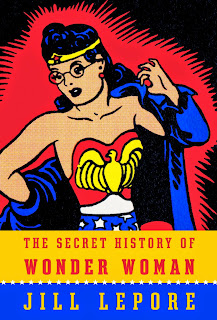David Beronä, In Memory

It is with tremendous sadness that I share news I received this morning from my friend David Beronä's family: David passed away peacefully at home last night. He'd been fighting a brain tumor for about a year and a half, and so while the news is not quite a surprise, it is a blow. [ Update: Here's David's official obituary .] I interviewed David for Colleen Lindsay's blog The Swivet in 2009, where we talked about his Wordless Books: The Original Graphic Novels , which had recently been published by Abrams. I knew very little about graphic narratives before meeting David, and he gave me an extraordinary education over the years, as his knowledge was vast and his passion was thrilling. Eric Schaller and I had the honor of publishing what David told us was the last piece of writing that he completed before getting sick, the essay "Franz Masereel's Picture Books Against War" , which appeared in last year's issue of our magazine The Revelat...



